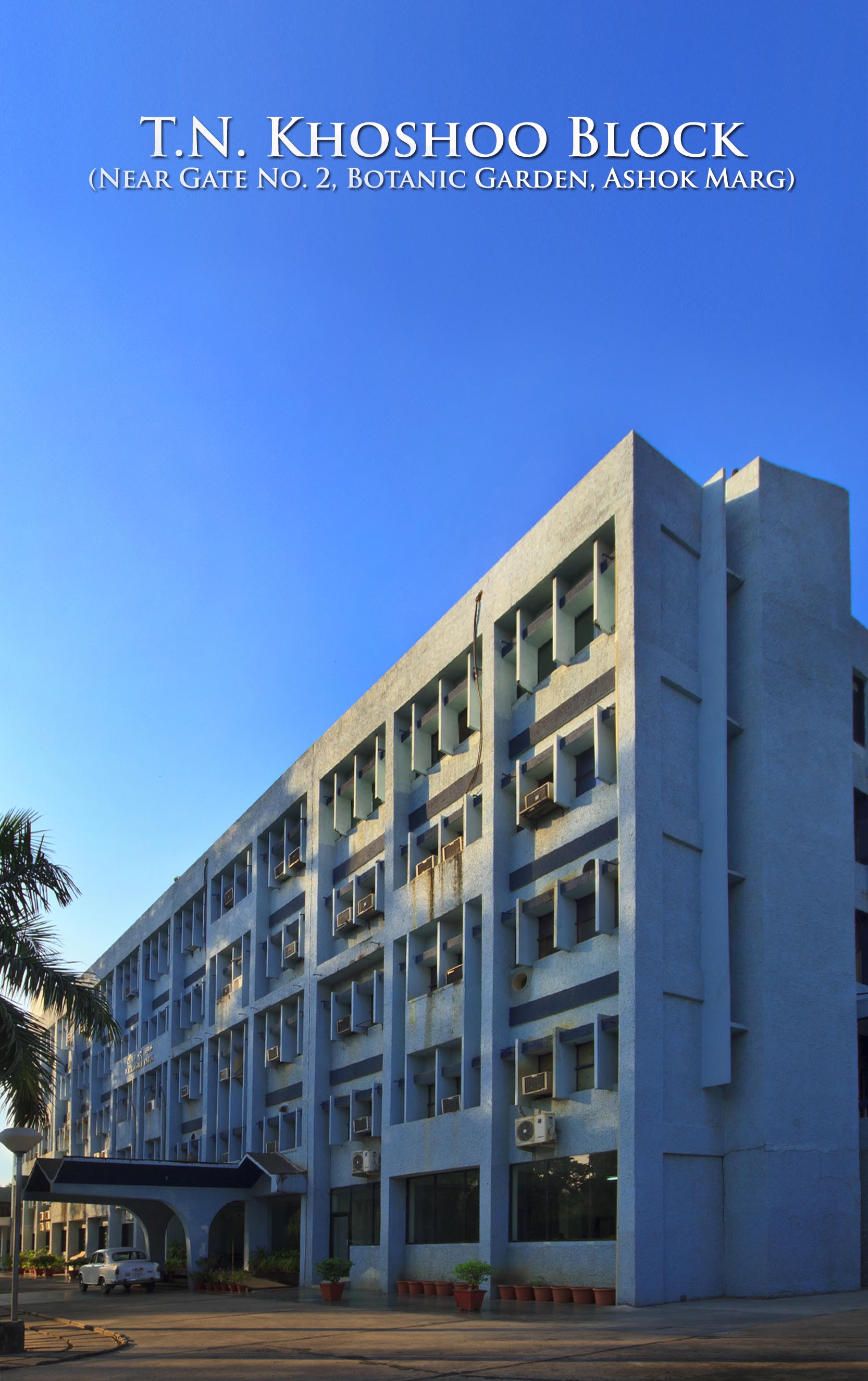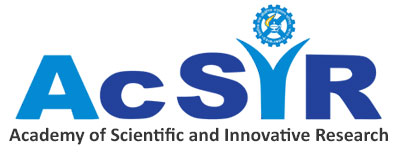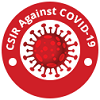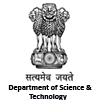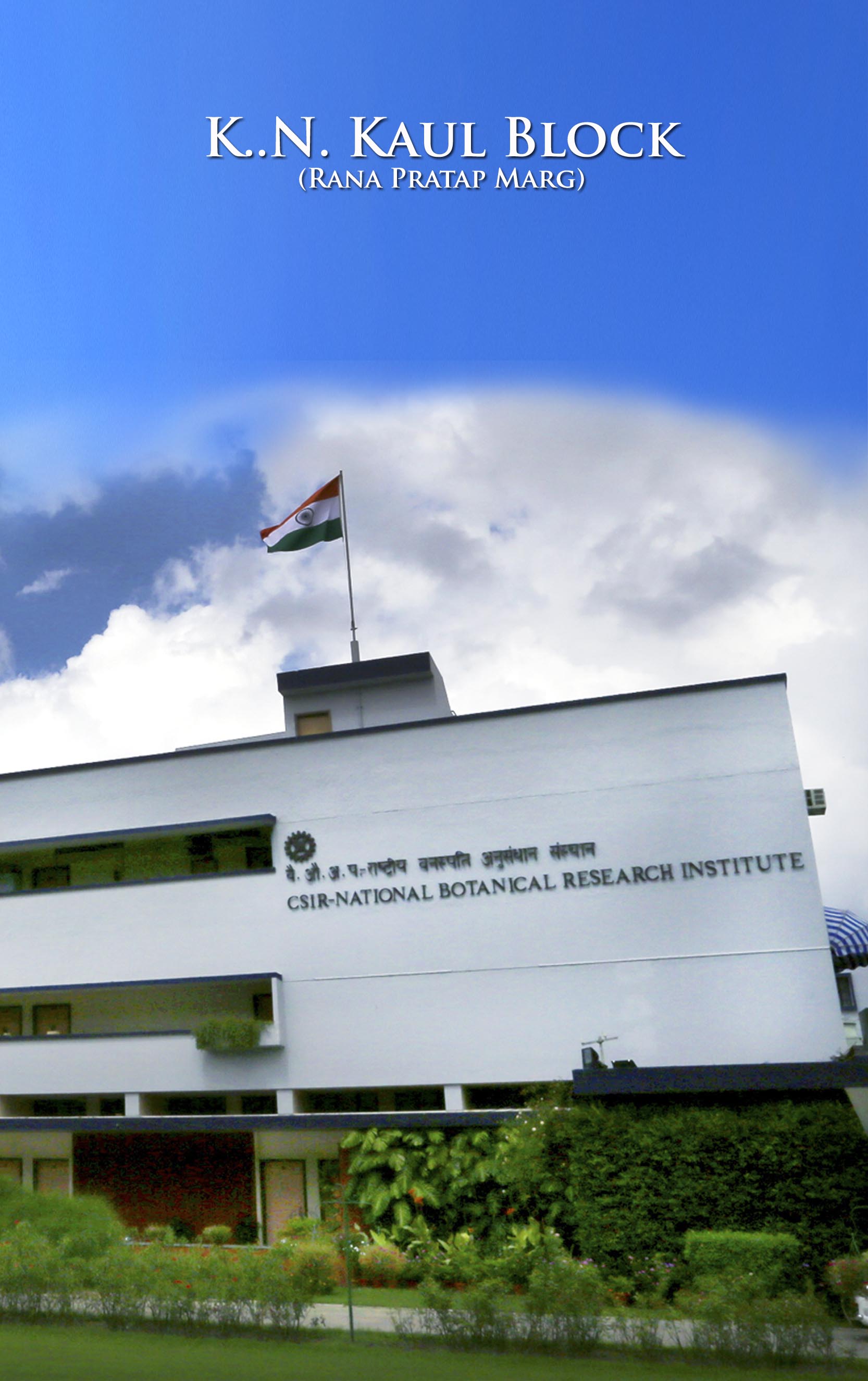

Dr Shri Krishna Tewari
Chief Scientist
Research Interests
Dr. S. K. Tewari, Chief Scientist is heading two divisions i.e. Botanic Garden and Plant Conservation and Agro-Technologies of CSIR-NBRI.
The team at Botanic Garden is working mainly in the themes of germplasm collection and conservation of rare, endangered, threatened and ornamental species; development of new varieties and cultivars of floricultural crops; organization and participation in Flower Shows and Exhibitions; and organization of training programmes on various aspects of gardening such as Commercial Floriculture, Dehydrated Floral Craft and Garden Management etc. Diverse germplasm of various varieties/cultivars of Roses, Gladiolus, Canna, Chrysanthemums, Bougainvillea, Lotus, etc. are being conserved in the garden and dedicated houses of Mosses, Ferns, Cacti and Succulent plants, Palms, Orchids and Cycads. The ‘Touch and Smell Garden’ for the physically disabled with Audio and Braille systems in this Botanic Garden is great pride for the institute.
The Plant Conservation and Agro-technologies group has been working on development of appropriate agro-technology for economic plants, in diverse cropping systems, aiming at economic utilization of partially reclaimed sodic lands. Different activities to achieve these objectives involve germplasm collection from different agro-climatic conditions, their ex-situ conservation, selection of elite material with good growth and yield attributes, development of their propagation protocol for large scale multiplication and conducting field experiments for development of agro-techniques in different cropping systems including inter-cropping with trees and other economic crops. The long term field experiments on sustainable development of sodic lands through biological means cover the maximum land area of the sites, mainly accommodating Man-made Forest, Tree Gene Bank of Indo-Gangetic Plains, Field Gene Bank of Medicinal and Aromatic Plants, Comparative Performance Evaluation Trials on various trees and shrubs in reclamation of sodic wastelands etc.
Dr Shri Krishna Tewari
Chief Scientist
Research Details
In the CSIR-Phytopharma Mission Project, the captive cultivation of selected medicinal plants i.e. Tinospora cordifolia, Gymnema sylvestre (Gudmar) and Commiphora wightii is being attempted at Banthra Research Station. In this project, we are working on conservation and mass multiplication of quality planting material to cover the area under captive cultivation of target plant species.
In the UNIDO sponsored project “Propagation of new dwarf cultivars of Neem with early maturity and higher Limonoids yield”, the conservation of four dwarf cultivars with high Limonoid content was done at Banthra. The morphological differences in all these cultivars were observed on the basis of shape, size and color of leaves, flowers and barks. Efforts were made to propagate these cultivars through macro (through cuttings) and micro (tissue culture) propagation. The site identification for multi-location trial of micro and macro propagated cultivars has been done.
CSIR-NBRI released variety “Kesari” is being popularized among the different districts of Uttar Pradesh and other various states (Bihar, Maharashtra, Orissa, Uttarakhand) of the country under CSIR-Aroma Mission. We have organized 12 training programmes among farmers of various villages of different states of India during April 2018 to December 2018. In these activities, hundreds of farmers were trained about the cultivation practices of Kesari variety of turmeric and extraction of leaf essential oil to get additional income from the waste senesced leaf without creating any adverse effect on rhizome yield. The aspirational district of Odisha (Nabrangpur) has been taken up in the mission.
In the industry sponsored project, we carried out the tree falling risk assessment of fifty tree species at GSPL, Bongaigaon of IOCL, ERPL. Trees which were found damaged and declining, were supposed cut off. To avoid any damage in future, the plants were recommended to be aligned by pruning and chopping. Fifteen Sal (Shorea robusta) trees, severely infected with complex diseases, were recommended to treat with biological pesticides to prevent further decaying.
In another project on technology development, management and long-term monitoring of shifting cultivation and coal mining in north-eastern India, model sites under development in five states of north-eastern India were monitored for effective implementation of the four-tier cropping system. Cropping has been initiated based on farmer’s choice as well as scientific knowledge for sustainability. Harvesting of early growing vegetables is being carried out and valuation of harvested products is in progress. Development of biofertilizer based on bacterial consortium of legume- symbionts and phosphorous solubilizing strains is in progress. The heavy metal (Fe, Pb, Mn) tolerance capacity has been tested for the isolated bacterial cultures. The treatment chambers of Meghalaya mining areas are being maintained and the efficacy of the bacterial consortia employed is being monitored. Vegetation survey in and around the coalmine area in Khliehriat has been undertaken, and a few plant species (Drynariaquercifolia, Juncusinflexus, Fimbristylisdichotoma, Lycopodiumclavatum) have been selected for phyto-remediation.
CSIR-NBRI is DUS Test Centre of PPV&FRA for Bougainvillea, Canna and Gladiolus. Characterization by recording morphological characters (both vegetative and floral) of some varieties/ cultivars of Bougainvillea (Cherry Blossom, Chitra, Harbhajan Singh, Hawain White, Isabel Green Smith, Palekar, Spring Festival, Suverna and Zulu Queen), Canna (Ambassador, Cattleya, King City Gold, Pink Sunrise and Yellow Queen), and Gladiolus (Aldebaran, Black Beauty, Pacifica, Praha, Priscilla, Regency, Rose Supreme, Snow Princes, Tiger Flame, Video and Yellow Stone) have been done for identifying morphological variations.
Dr Shri Krishna Tewari
Chief Scientist
Publications
- Singh, Niraj, Mahar, K.S., VermaSushma, Meena, Baleshwar, RKRoy, KTewri,. Goel, A.K. and Rana TS. 2018. Molecular analysis of genetic variability and relationship among Gladiolus cultivars. Indian Journal of Biotechnology. Indian Journal of Biotechnology. Vol 17; 118-117
- Niranjan A., NgporeNem Kumar, Anis, Nausi, Kumar, Anil, Lehri, Alok, Shirke, Pramod Arvind and Tewari, Shri, Krishna. 2017. Simultaneous quantification of six phenolic compounds in various parts of Moringaoleifera Lam. using high performance thin-layer chromatography. JPC – Journal of Planar Chromatography – Modern TLC, Volume 30, 6, 502-509. DOI: 10.1556/1006.2017.30.6.7
- Singh Niraj, Pal A.K., Roy R.K., Tewari S.K. and Rana T.S. 2016. Assessment of genetic variation and population structure in Indian Gladiolus cultivars inferred from molecular markers. The Nucleus. 59:235-244.
- Upadhyaya, RK, Singh, VR and Tewari, SK. 2016. New agro-technology to increase productivity of chamomile(Matricariachamomilla), Industrial Crops and Products 89 (2016) 10–13. doi:10.1016/j.indcrop.2016.04.072
- Manjul Gupta, Srivastava, P.K., Shikha, Niranjan, A. and Tewari S.K. 2016. Use of a Bioaugmented Organic Soil Amendment in Combination with Gypsum for Withaniasomnifera Growth on Sodic Soil.Pedosphere, 26(3) 299-309
- Bharti, Nidhi, Barnawal, Deepti, Wasnik, Kundan, Tewari, Shri Krishna and Kalra, Alok. 2016. Co-inoculation of Dietzianatronolimnaea and Glomus intraradiceswithvermicompost positively influences Ocimumbasilicum growth andresident microbial community structure in salt affected low fertilitysoils, Applied Soil Ecology, 100: 211–225
- Bharti, Nidhi, Barnawal, Deepti, Shukla, Samvedna, Tewari, Shri Krishna, Katiyar, RS and Kalra, Alok. 2016. Integrated application of Exiguobacteriumoxidotolerans, Glomus fasciculatum,andvermicompost improves growth, yield and quality of Menthaarvensis in salt-stressed soils. Ind. Crops Prod. (2016),http://dx.doi.org/10.1016/j.indcrop.2015.12.021
- Manjul Gupta, Pankaj Kumar Srivastava, Suman B. Singh, Nandita Singh and Shri Krishna Tewari. 2015. Organic Amendments with Plant-Growth-Promoting Fungi Support Paddy Cultivation in Sodic Soil, Communications in Soil Science and Plant Analysis, 46, 18: 2332-41.
- Anil Kumar, Abhishek Niranjan, AlokLehri, Shri Krishna Tewaria, Devendra Vijay Amla, Sri Krishna Raj, Ramesh Srivastava & Shakti Vijay Shukla. 2015. Isotopic Ratio Mass Spectrometry Study for Differentiation Between Natural and Adulterated Essential Oils of Lemongrass (Cymbopogonflexuosus) and Palmarosa (Cymbopogonmartinii), Journal of Essential Oil Bearing Plants, 18, 2, 368-373
- Upadhyay, RK, Bahl, JR, Patra, DD and Tewari, SK. 2015 A New Agro-technology for Increasing Oil Yield and Yield Contributing Characters of Menthol Mint (Menthaarvensis), Journal of Essential Oil Bearing Plants, 18:4, 785-790.
Dr Shri Krishna Tewari
Chief Scientist
Patents : 2 Nos.
Dr Shri Krishna Tewari
Chief Scientist
Research Scholars
Dr Shri Krishna Tewari
Chief Scientist
Address
Botanic Garden, CSIR-National Botanical Research Institute
Rana Pratap Marg, Lucknow-226001, Uttar Pradesh, INDIA
Email: sktewari [at] nbri.res.in
Phone: +91-522-2297961/66
